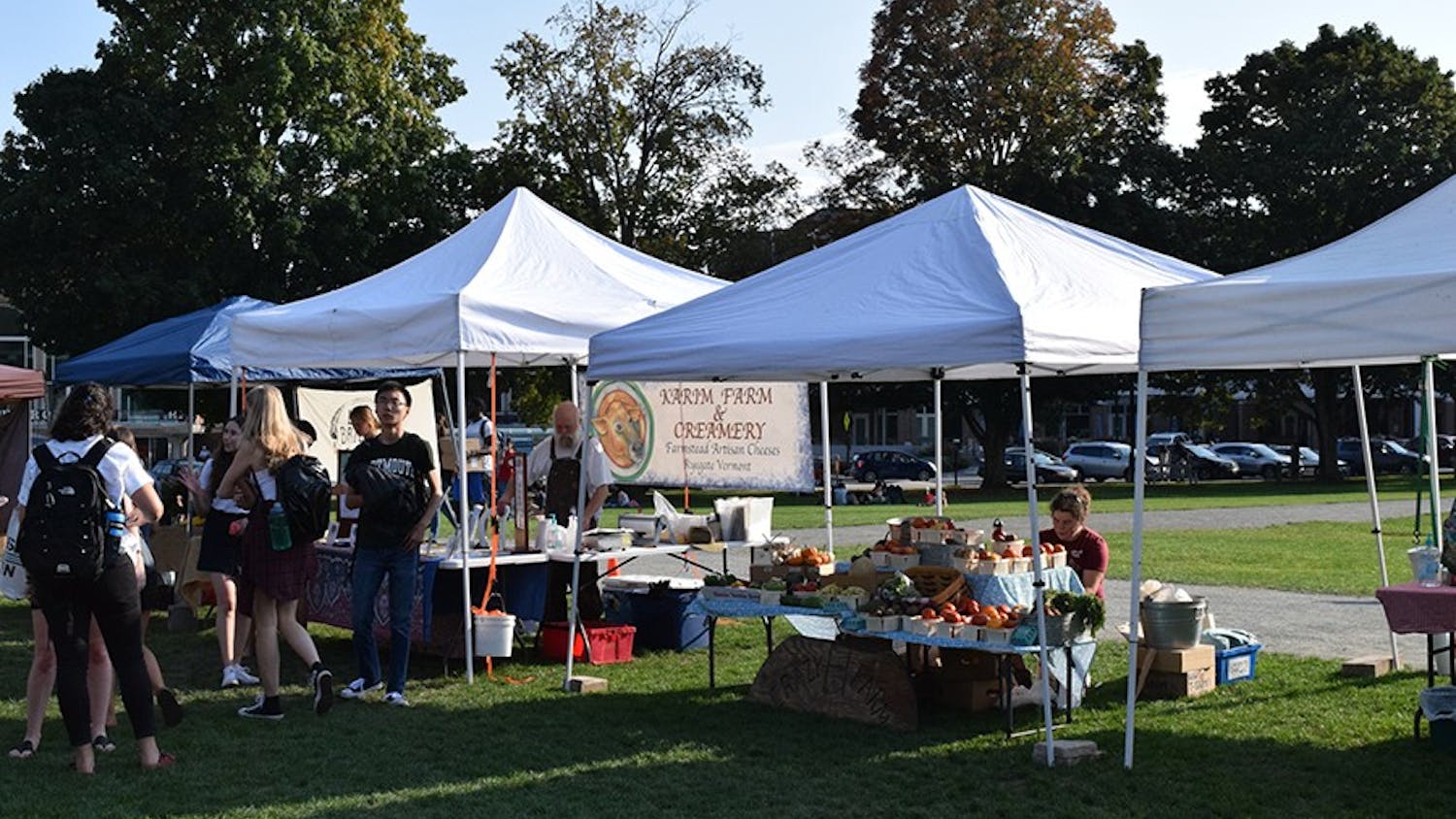It’s hot. The sun stings my pale skin as I walk along the Palma de Mallorca’s oceanside avenue.
There are two windmills perched on the hill behind a line of low ’60s style bungalows — an ice cream shop, a cafe. The windmills are a nod to the past. They look strangely at home behind the bungalows, the people and the 21st century. As I walk past the twin windmills, an image pops into my head — a proud man on a horse, a short man standing next to him, a rural landscape and a windmill perched on small hill behind them. Don Quixote is the image that pops into my mind’s eye. But it’s not the Mallorcan sun or that I’ve read “Don Quixote” (guilty) that sparks the image, but the windmill. The title character is often depicted with a windmill in the background. Although I have yet to read the novel (I swear I will one day), my mind jumps to a man, to a character I only know by reference.
In high school, I was taught that “Don Quixote” was the first novel ever written. Then during my freshman year I was taught that the french novel, “La Princesse de Clèves,” written by Madame de La Fayette in 1678, was considered the first. And this week I learned that “Robinson Crusoe” was the first English novel — an important distinction.
“The novel has definitely taken over as the most popular literary form and the one that most people have exposure to,” English professor Christie Harner said.
The novel’s popularity and importance as a literary genre is to blame for continuing arguments surrounding the birthplace of the novel.
“Part of it is always an attempt to get back to origins: what was the thing that became a precedent for other things? Part of it is also the competition between different linguistic traditions,” Harner said.
The word “novel” is derived from the Latin word “novellus” or “novus” which translate into the word “new.” The novel is new. English and creative writing professor Andrew McCann seemed to agree.
“I would argue that the novel is a modern genre,” McCann said. “In a way to talk about the ‘modern novel’ as opposed to another kind of novel is a little bit misleading.”
McCann explained that the “novel” as we know it today is a “narrative that’s imaginative” and “fictional” and emerged in the 18th and 19th centuries. McCann, who specializes in British Romanticism and Victorian literature, notes how writers such as Jane Austen, Charles Dickens, Charlotte Bronte and George Elliot played important roles in the development of the novel as one of most widespread literary genres.
“They focused the novel on everyday life in the 19th century, and this is also a big part of the genre,” McCann said. “It tells a kind of democratizing ethos. It seems to focus on the lives of ordinary people, ordinary settings.”
The novel is not the first time literature has acted as a democratizing agent. Professor Brian Stock, the 1990 William H. Morton Fellow at Dartmouth, points to the invention of the printing press as an a landmark event in the history of literature as we know it today.
Stock explains how the printing press made it possible to reproduce larger amount of texts than ever before, and at a much cheaper cost. As texts became more accessible and widespread, so did literacy.
“Earlier on the people who were literate or who could read and write were members of what you would call the superior class,” Stock said.
Similarly to McCann, Harner argues that the rise of the novel paralleled the “rise in interest in individualism.”
The novel, unlike prior literary genres, focused on the individual for the first time.
“[The novel gave] a sense of the value and integrity of individuals regardless of their their class position, so there’s a lot of idealism driving a lot of this fiction,” McCann said.
According to Harner, this hasn’t changed. The novel’s relationship with the individual is the reason for its rise, but also the reason it’s still so popular today.
“If you think about the novel being tied to the individual and also to individual time spent by oneself reading, in a lot of ways that hasn’t fundamentally changed,” Harner said. “We’re still a very individualistic society.”
The emergence of the novel was an important turning point in literary history, but plays an arguably equally important role in society today.
Do cliffhangers annoy you? Does it make you mad that you have to wait an entire week to get all your “Game of Thrones” questions answered? Remember when we didn’t know if Jon Snow had died for an entire year?! Thank the rise of the novel for that one. Harner explained to me how readers in the Victorian period read a Dickens’ novel arguably in the same way we watch TV shows or movies today. Authors with wide readerships spread across class lines, such as Charles Dickens, often serialized their novels instead of publishing them in their entirety as they are today.
“They read approximately 30, 40 pages and then they waited often a month for the next installation,” Harner said.
Harner recounted how the process of serialization gave way for the cliffhanger when Sir Arthur Conan Doyle left readers in what I can assume were feelings similar to an end of a “Game of Thrones” episode (disbelief, pain, fury, a slight fever?) by ending a book with Sherlock Holmes dangling off a cliff.
“Serialization created certain narrative forms that we’ve now been accustomed to,” Harner said. “Cliffhangers exist now obviously in television, in film, in all sorts of digital media, but also just exist at the end of a chapter.”
Now I’ve come to think that novels are like windmills — nods to the past that look strangely at home in the 21st century.



